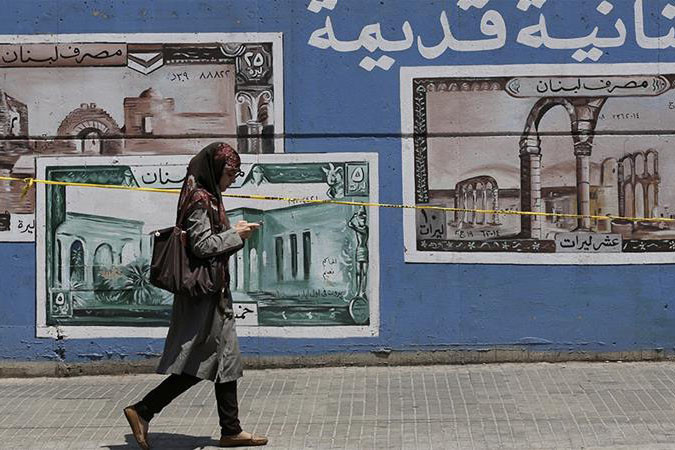Lebanese Financial System under Stress
October 17, 2019
The sustainability of the Lebanese economic model and its corresponding financial system is under immense stress with multiple breaking points. On a macroeconomic level, economic growth has slowed down to 0.3% in 2018 and is expected to shrink in 2019. This adverse macro environment is a direct result of the mounting external deficit that accelerated to 9.41% of GDP, or USD 5.318Bn in the first seven months of 2019 after recording 8.52% of GDP in 2018.
Given this backdrop, BDL has become the only player in town and has engaged in unconventional monetary policies aimed at maintaining the currency peg and the attractiveness for foreign deposits into the financial system. However, they have drained liquidity from the market and diverted funding away from the government’s deficit; as a result, BDL has been the government’s main financer for more than two years, while maintaining profitability of the local commercial banking sector.
Furthermore, these activities have led BDL to lose USD 4.99Bn of its foreign assets as of October 15, 2019 despite large efforts to lure in reserves. If left unresolved the balance of payments crisis will accelerate and will deplete BDL’s dollar reserves, the same reserves needed to pay back depositors and maintain the peg.
BDL’s gap has already reached a critical level, with its reserves only capable of buying time for slightly over a year before it depletes them fully. To bring down its dollar losses, BDL recently introduced a dual rate exchange system similar to other countries facing balance of payments crises (such as Venezuela and Syria) and has placed some unofficial capital controls on importers.
Additionally, confidence in the ability of the government to pay back its debt has faded away due to the weak state of government finances coupled with political gridlock. International financial institutions are expressing continued concern over the health of our financial system due to the Government’s inability to tap markets and the deterioration of the consolidated balance sheet of the financial sector.
Meanwhile, officials have been unable to commit to structural reforms and a credible deficit reduction scheme, as promised during the CEDRE donor conference. If designed and passed properly, along with a debt reduction scheme, these reforms can provide a leeway to avoid a hard landing.
The full paper is available below for download as pdf.